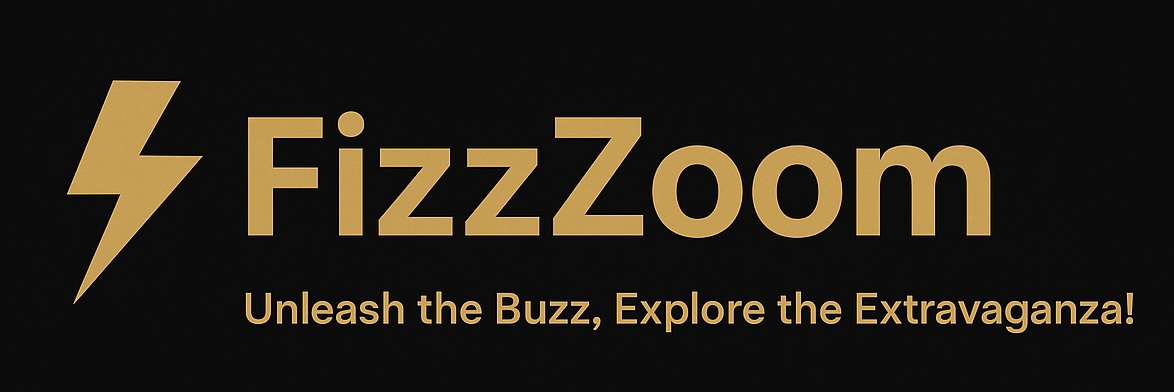On September 3, 2025, ChatGPT, one of the world’s most widely used AI chatbots developed by OpenAI, experienced a significant service disruption that left millions of users worldwide unable to get responses from the platform. Reports of outages started appearing around midday UTC, with users from regions including India, the United States, Europe, and beyond expressing frustration on social media platforms.
The outage prompted a flood of complaints tracked by Downdetector, a real-time service status monitoring website, which registered thousands of problem reports within a short span. Users described issues ranging from complete unresponsiveness to slow loading and error messages indicating system overload or failure to generate replies.

OpenAI has acknowledged the disruption and stated that the technical team is investigating the root causes to restore normal service swiftly. However, no detailed explanation has been provided as of the report’s publication.
This outage is particularly notable as it follows OpenAI’s recent launch of GPT-5, a highly anticipated upgrade flaunted for its enhanced reasoning, coding capabilities, and multimodal functions. The surge in user interactions, estimated at billions of prompts daily, may be stretching the platform’s server capacity, highlighting the challenges of scaling advanced AI solutions globally.
In the meantime, users have sought alternatives, with options like Google Gemini and Microsoft Copilot being recommended for those needing urgent AI support.
The interruption has sparked widespread conversations about dependence on AI technologies and vulnerabilities inherent in centralized digital services, as many individuals and businesses incorporate ChatGPT into their daily workflows for education, coding, content creation, and customer service.
As OpenAI works to resolve the technical issues, the incident serves as a reminder of the balance between cutting-edge innovation and operational resilience in the rapidly evolving AI landscape.







